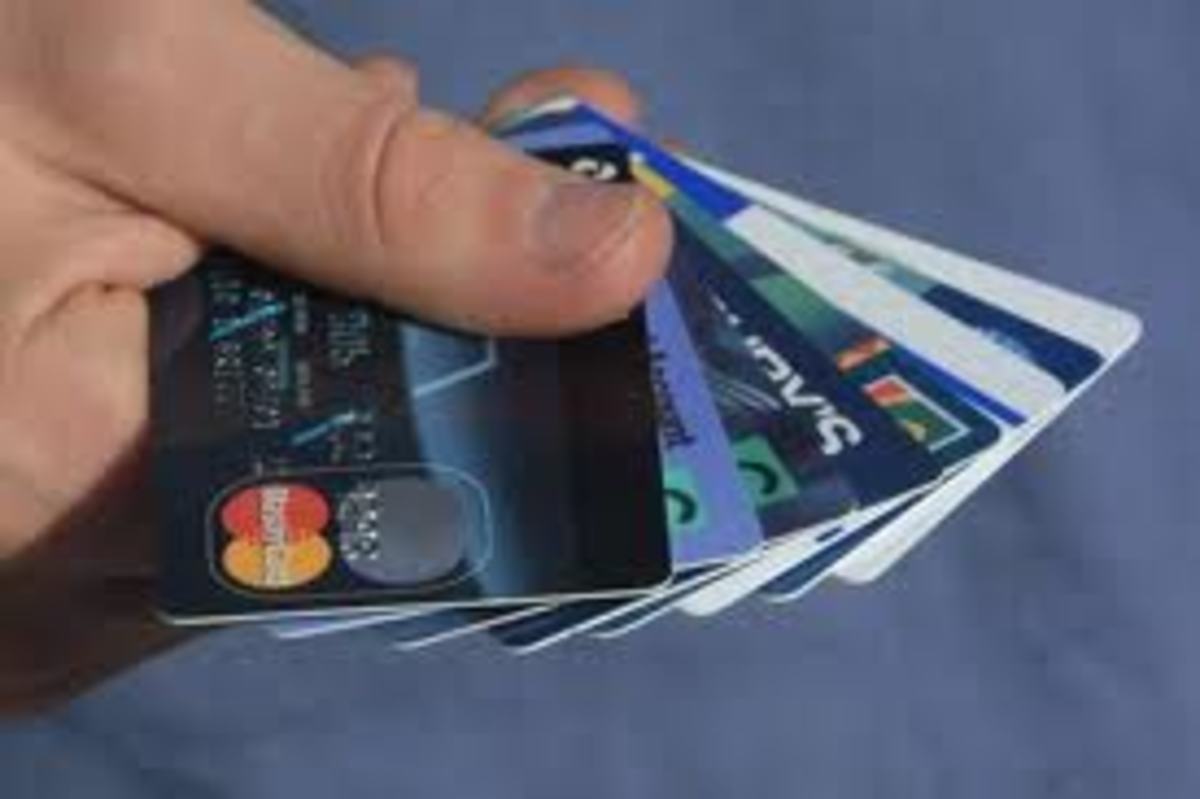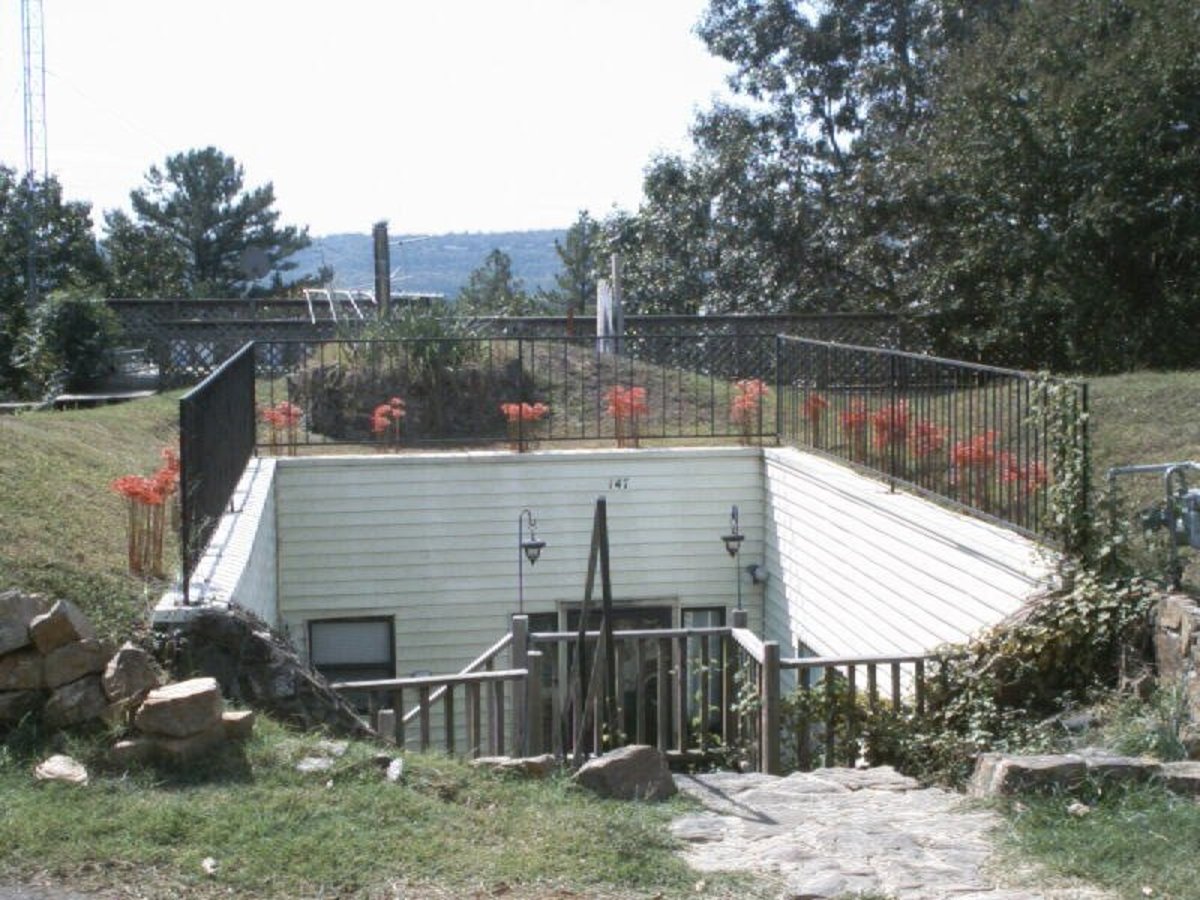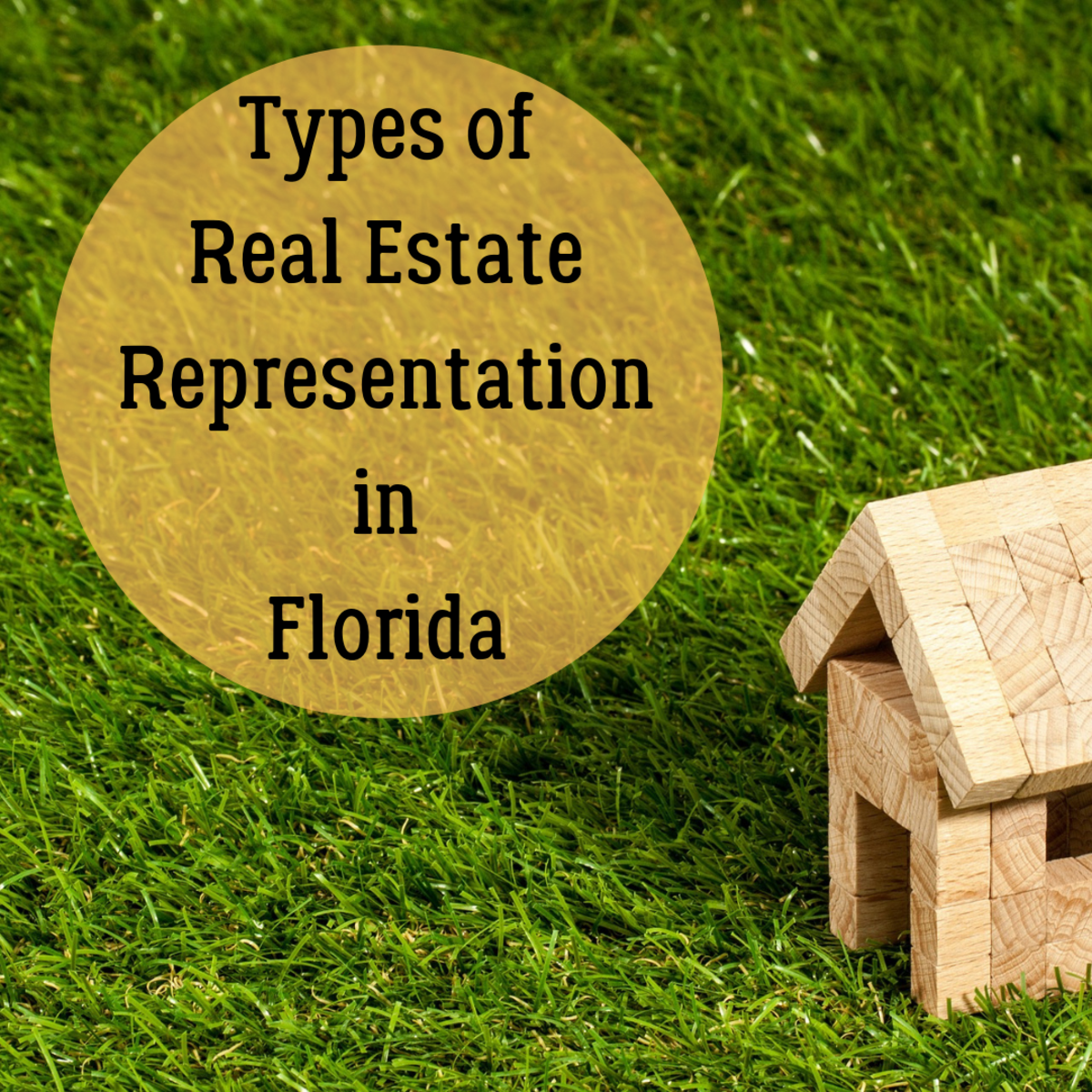Is Now the Time to Refinance?
Interest rates have been plummeting down to extremely attractive lows, prompting homeowners to ask themselves, “Is now the time to refinance?” It can be very tempting to look at those tiny numbers and assume that refinancing at such low interest rates would save you big bucks on your mortgage, but it’s not that simple. Many factors must be considered to determine whether a refi will save you money, and the results will vary for each homeowner.
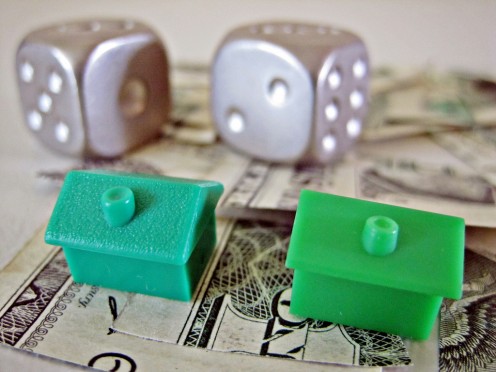

A Golden Opportunity
As of this article's publishing date, 30 year fixed rates are hovering around 3.8% while 15 year fixed rates are around 3.3%; 3-year adjustable rates are at an amazing 1.75% with an APR of 3.076%. The future of interest rates can never be truly known, but the volatility of the current market and the economy in general strongly suggests that these rates won’t be around for long before beginning their climb back up. These rates seem, at first glance, like golden opportunities that are too good to pass up, and indeed, for many homeowners, refinancing now would be an excellent move.
Refinancing now at a lower rate could lower your monthly mortgage payments and potentially mean an overall savings of tens of thousands of dollars. Generally speaking, now is a good time to refinance if you plan to remain in your home over the next five to seven years and have strong enough credit, equity and employment to pass the now-stringent lending requirements.
Lenders are indeed buckling down on qualification requirements. Before you even consider shopping for a refinance loan, get a copy of your credit report and check your credit score. If it isn't at least 700, and ideally 720 at minimum, you'll find it challenging to qualify for a loan. On top of that, lenders want to see a significant amount of equity in your home and will definitely want documentation assuring them that your employment is on solid ground.
A Quick Overview: Refinance Basics
Reasons to Refinance
Don’t refinance just because all the cool kids are doing it. Ask yourself why you want to refinance and what goals you hope to attain by doing so.
Most homeowners refinance their loans in order to reduce their interest costs, but a close second reason is the desire to consolidate debts. It’s important to understand that debt consolidation doesn’t really reduce debts so much as it rearranges how the debts are paid off. Many people who undergo a debt consolidation end up with lower monthly payments, making their paychecks stretch farther for everyday costs. But the final overall tally in the end might show that much more could have been saved by taking an alternate approach to dealing with debt. Still, it might be worth it to pay a larger price tag overall in exchange for making ends meet on a month-to-month basis.
One thing that may be painful to face, but is necessary to confront, is your own personal spending habits. If you do refinance, and thereby realize a reduction in monthly expenditure outlays, how likely are you to use the difference toward paying down other debt? If you’re the type of person who is tempted to spend $300 on unnecessary things because you saved $300 elsewhere, then refinancing won’t be of much help to you in the long run. There’s not much point in spending money on fees to obtain lower loan rates if the potential monthly savings won’t be put to sound financial use.
Factors to Consider
Even if you do meet the lending requirements, and clearly understand your financial goals, refinancing now might actually cost you more in the end. Consider the following factors:
- It takes time to recoup the benefits of a lower interest rate. Fees incurred upfront won’t pay off in savings until 18 months to about five years into the refinanced loan. The precise timeline depends on the present and (unknown) future values of your home and how much you spent on the refi itself. Time and potential earnings are considerations, too: if your refinance loan fees are, say, $3,000, don’t just figure how long it will take to earn back $3,000; add in any additional amount you would have earned had that $3,000 been in an interest-bearing account, because you will have lost that money’s potential investment power by paying for your new loan fees. If you sell your home prior to your own break-even point, you won’t recoup those fees, nor the potential interest value lost by spending money on the new loan.
- Will refinancing trigger any prepayment penalties? Many of the commonly issued sub-prime loans of the recent past include such penalties, as do some prime home loans. Depending on your loan agreement, these penalties could kick in even after having held the loan for five years! Find out if such a clause is in your loan documents, and what the specific penalty amounts would be. Add that figure into the cost of your refi.
- Ask your home insurance provider about their current rates for coverage in light of a potential refinance. Industrywide, insurance premiums have been climbing; at one company, the premium rates increased 7.3%. This factor can have a significant impact on the decision to refinance, as lenders generally require a homeowner policy before the loan can close. This can mean an outlay of a full year’s worth of premiums paid up front, in addition to the refinance loan fees. Add the insurance costs to the loan fees, consider again how much interest you could earn with the same outlay of cash, compare that with present and estimated future values of your home, and decide whether the savings warrant the hassle of the refinance process.
- How far into your current mortgage are you? If you’ve passed the halfway point, chances are good that the fees you’ll incur to refinance will outweigh any realized savings.
- Have you refinanced this property before? Even if your interest rate has declined with each refi, the cumulative costs associated with every loan refinance adds up. Refinancing a property several times over can translate into paying thousands upon thousands of dollars in fees; sometimes just as much as homeowners think they’re saving by refinancing their mortgage! Plus, if you haven’t yet recouped the value of the fees (plus lost interest) of your previous closing costs and associated refinance fees, those are just going to get rolled over on top of your new settlement costs, rendering the previous refinance even less worthwhile.
- Is your home in a community that assesses homeowner association fees? Is there any indication those fees might rise significantly in the next two to five years? Or, if your home is not presently part of an HOA, are there plans afoot to create one for your neighborhood? HOA fees can increase sharply, and while they alone may not necessarily make or break a decision to refinance, they could potentially add more fuel to the already growing financial fire of monthly payments, and are therefore worthy of including in your consideration.
If You Choose to Refinance
While your loan is in escrow, be sure to keep your current-rate payments timely. Even in the last few days before closing, a late or defaulted payment on your current mortgage could seriously jeopardize your refinance loan in addition to harming your credit rating (which must have been very good in order to qualify for the refi in the first place!).
When you're shopping lenders, that's also a good time to shop title insurance companies to see about saving costs there, too. You could save a noticeable amount on your premiums simply by asking your current title company for a reissue rate, or, you might find a better rate through another title company. A little sleuthing can save you some big coin!
Remember that all taxes listed in your loan documents are estimates only. Actual taxes could be the same, close to or even completely different from those estimates, depending on the fluctuation of property values, what the folks in Washington do regarding tax policy and any local changes in tax assessments.
Upside Down? The HARP Program May Help!
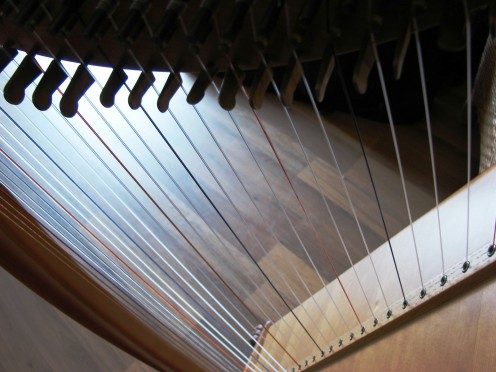
That gorgeous house you bought a few years back was a steal of a price compared with the prices of other homes of that time. Now, property values have plunged (while your loan amount hasn’t) and your beautiful home is stealing from you. What to do?
One program designed to help the homeowner who owes more than his home is worth is called HARP. Full details on this program can be found on Fannie Mae's website, but here are the basics about the HARP program:
The Home Affordable Refinancing Program, aka HARP, is a government program aimed at homeowners with little to no equity or who are upside down in their mortgages. It is not a loan modification but a true refinance program that requires no property appraisal.
In order to qualify for the HARP program, your current loan must be owned by or guaranteed by either Fannie Mae or Freddie Mac and your payments must be current with an acceptable payment history. Your outstanding loan balance can up up to 25% more than the current market value of your home.
Currently, this program is available for notes originating on or before June 30, 2012, and the existing mortgage loan to be refinanced must have been purchased by Fannie Mae prior to March 1, 2009. If your situation qualifies you for the HARP program, it would be well worth your while to look into it.
Alternatives to Refinancing
If your credit history, home equity and job stability don’t pass muster with the lender, you probably won’t get approved for a refinance, even if your current home loan is through that very lender. So what other options are available to homeowners who want to reduce the costs of their current home loan?
There are other steps homeowners can take to reduce their debt, even if they don't qualify for any refinancing. Paying more each month toward the principal of your current loan can significantly reduce the length and cost of your mortgage. You don’t have to double the payment to see a noticeable difference, either. Just make sure that the overage payment is made via a separate check that is clearly noted as a payment solely toward the outstanding principal balance. With only $100 per month extra devoted to paying down the principal, years can be shaved off the total mortgage price. Believe it or not, you can even make a sizable dent just by increasing your monthly payment toward the principal by a single dollar! The same method can be used to reduce any number of household debts. Here’s a two-part video on how to pay down your mortgage and other debts quickly, without having to get a second job or refinance your home loan (Part 2 is accessible after viewing Part 1):
How to Pay Down Your Mortgage and Other Debts Quickly
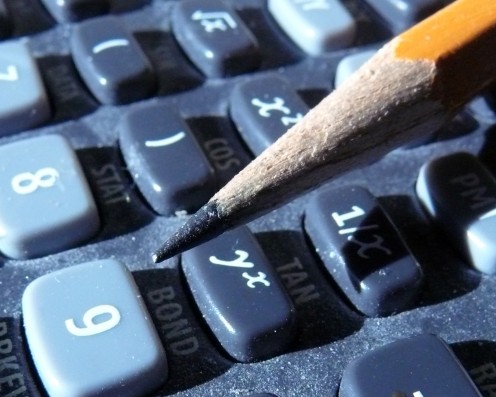
Use an overpayment mortgage calculator to give your numbers a run-through, and see how this approach of paying even just a little more each month might work for you in the long run.
Resources and Tools: Mortgage Calculator
Conduct thorough research to determine whether it's worth it to refinance your home. There are many online resources to consult in the course of doing your homework. One good resource with information on refinancing is Regions Bank. The Regions Bank website also offers an online mortgage calculator that helps you to consider several factors when assessing your goals to give you customized answers to your mortgage questions. There is no charge to use the Regions Bank mortgage calculator. There are other kinds of mortgage calculators out there, too.
Before You Seal the Deal
Before you finalize your loan, be sure to ask for and secure a lock-in letter from the lender to protect the rates quoted and discussed. After all your work to prepare for this refinance, the last thing you need is to have your rate jump sky high a day before closing!

Also, don’t sign on any dotted lines until you’ve researched lenders exhaustively. There are actually some reputable lenders out there right now offering refinance loans with zero fees. This is definitely a case where it literally pays to do your homework!
© M.S. Ross - All Rights Reserved
Debt Reduction: Is It Just an Unattainable Dream?
Has getting out of debt seemed so unrealistic that you've never planned toward that as a goal? What if you created a plan, simply as a mental exercise? What if you tried it…and it worked? What would YOU do once you became debt free? Share your thoughts in the comments section below.

Start Your Research Here!
- Buyers Seek Small, Turn-Key Properties
Can choosing property upgrades over square footage boost your real estate return on investment? - Making Home Affordable Programs
The Making Home Affordable initiative includes five programs to help people enjoy home ownership. The HARP program is one program; other programs assist those who are currently unemployed or are about to lose their homes to foreclosure. - Low Income Homeowner Loans, Grants and Assistance: Government Programs That Can Help
Eligible homeowners can get low income homeowner assistance such as loans, government grants, and counseling help through Federal and local sources.
All photos used by license and/or permission. Creative Commons Licenses:
CCL B: http://creativecommons.org/licenses/by/2.0/deed.en
CCL F: http://creativecommons.org/licenses/by-sa/3.0/

